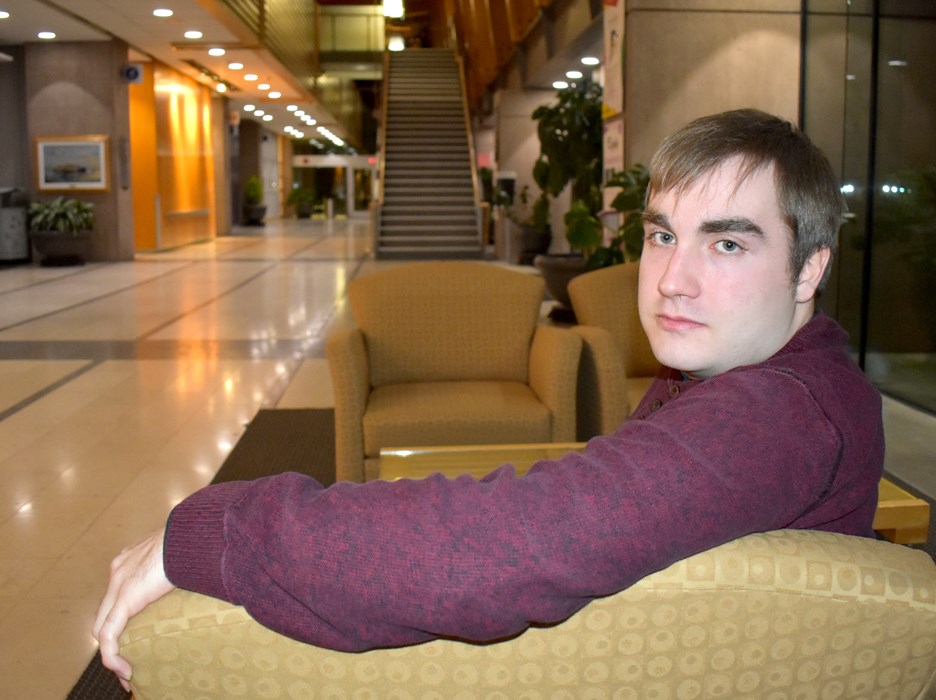The list just gets longer each year – starting in 2012 at the Disability Day of Mourning, the names of people with disabilities who have been killed by loved ones were all read out.
Organizers of the annual vigil finally decided they would only read out the names of Canadian victims because the list was just too long.
Sam McCulligh, who is autistic and has been helping organize the local event – held annually in Burnaby - since 2016 wants to see more acceptance of people with disabilities and less stigma so that disabled lives are seen as worth living.
“I’m sure that list will be even longer next year,” McCulligh said. “I wish it could stop growing.”
In addition to reading out the names of people who have been killed, there are candles and flowers, as well as a few speakers. The event, which attracts a few dozen attendees, is usually fairly solemn, McCulligh said.
“It’s always good to see people are willing to come together to remember the people we’ve lost,” he said.
McCulligh thinks the killing of people with disabilities is under-reported and the term sometimes used to describe it is a “mercy killing.” One of the best known cases was the death of Tracy Latimer, a 13-year-old girl with cerebral palsy and seizures, who was killed by her father Robert Latimer by carbon monoxide poisoning. At the time, there was a lot of empathy for the father who told how hard it was to see his daughter in pain.
McCulligh believes change starts with a shift in mindsets – society needs to get rid of the idea that being disabled is a “burden” and that a disabled life is not worth living.
A cultural change needs to happen so disabled people feel accepted and supported, something that’s slow to change, he said.
“There’s more awareness but that doesn’t always translate into acceptance,” he added.
Often there is an assumption that these deaths were the result of a lack of services, but there are many families who struggle with inadequate services but don’t resort to murder, McCulligh said.
The Disability Day of Mourning vigil takes place on March 1 from 3 to 4:30 p.m. at Burnaby Neighbourhood House Community Hall, 5024 Rumble St.



